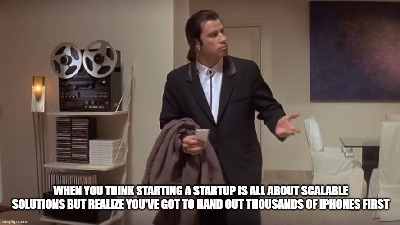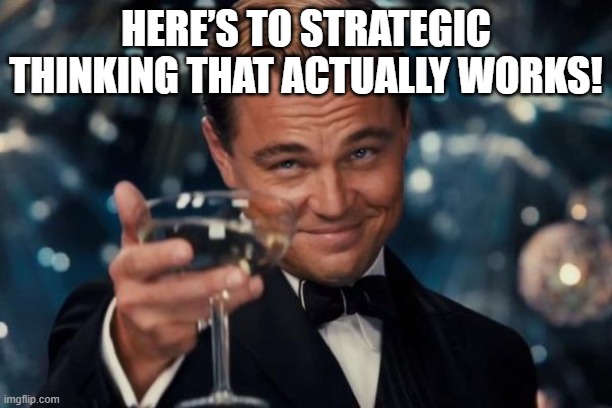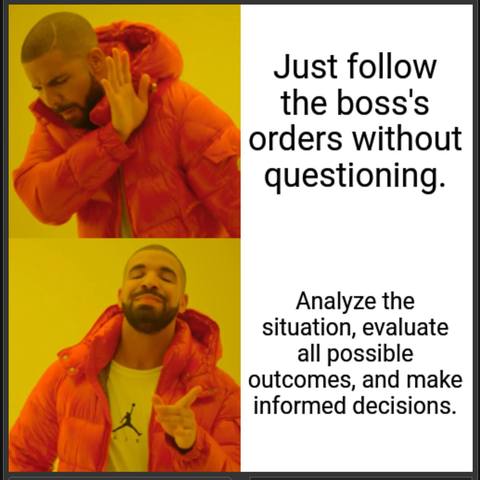It’s often said that necessity is the mother of invention. This saying holds incredibly true in the world of startups, especially when considering the paths taken by giants like Uber and Airbnb in their early days. Both companies embarked on highly unscalable practices that were crucial to their initial growth and success. Here’s a personal look at why doing things that don’t scale is not only unavoidable but essential for groundbreaking startups.
Uber’s iPhone Endeavor
In mid-2014, Uber was the largest buyer of iPhones globally, spending over $100 million to equip new drivers with the devices. Most drivers didn’t own iPhones, which were necessary for running Uber’s driver app—specially configured for the iPhone at the time. This massive investment in hardware was a bold, unscalable move that helped Uber rapidly expand its driver network.
Airbnb’s Photography Strategy
Similarly, Airbnb in its nascent stages sent photographers to snap appealing photos of listings. While not scalable, this strategy significantly boosted the platform’s appeal and listings quality, helping to trigger a shift in market behavior. Owners eventually started taking their high-quality photos, understanding that aesthetics could greatly enhance rental attractiveness.
The Wisdom of Paul Graham
Paul Graham, a revered figure in the startup ecosystem, has long advocated for founders to ‘do things that don’t scale.’ He famously advised Airbnb’s founders with this wisdom, which has since become a guiding principle for many in the tech industry. The rationale is that such efforts, although not scalable, are vital for overcoming initial inertia and sparking significant traction.
The Inevitable Need for Unscalable Actions
Unscalable actions seem to be a rite of passage for startups venturing into uncharted territories. These actions allow startups to deeply understand their markets, tailor their offerings, and create a strong foundation for future scalable solutions. Whether it’s manually tweaking systems, engaging directly with users, or hand-holding early adopters, these efforts are often what differentiate successful startups from the rest.
Conclusion
In conclusion, the journey of a startup is filled with paradoxes, the most profound being the necessity to engage in unscalable actions to achieve scalability. Uber’s and Airbnb’s stories are testaments to this, highlighting how such actions are critical stepping stones in the path to widespread success. So, if you’re at the helm of a startup, consider what unscalable but impactful action you need to take today to pave the way for your venture’s future.
Read more about “Why Founder-Run Companies Outshine in the Tech World”



